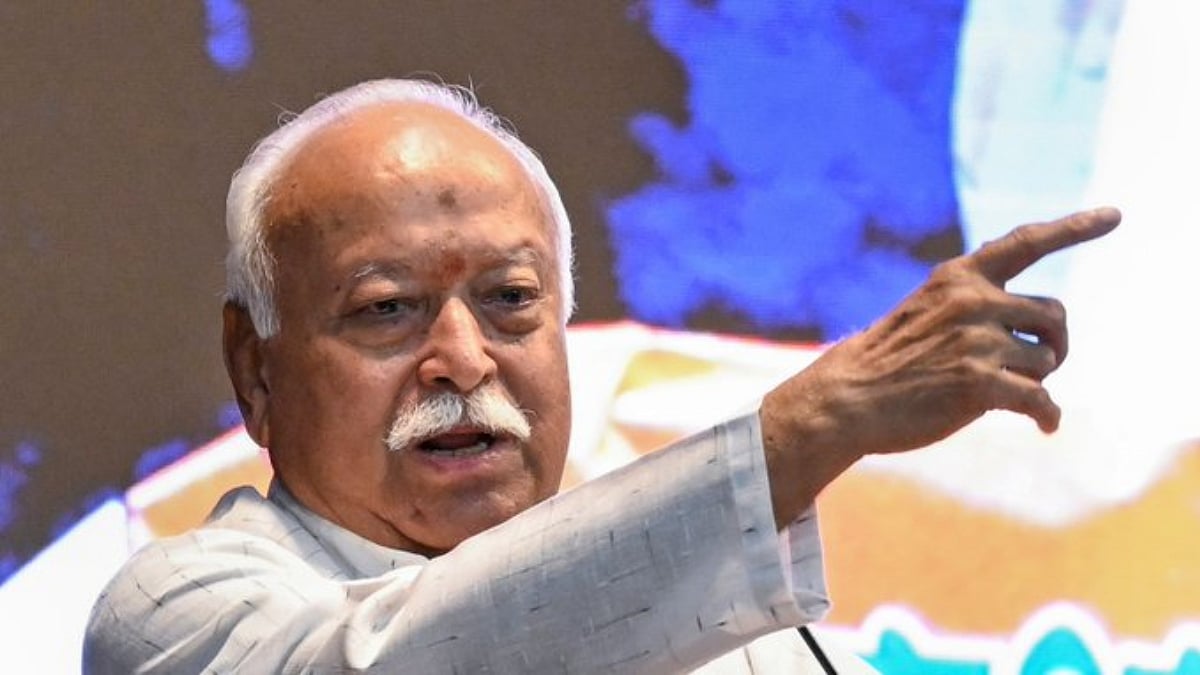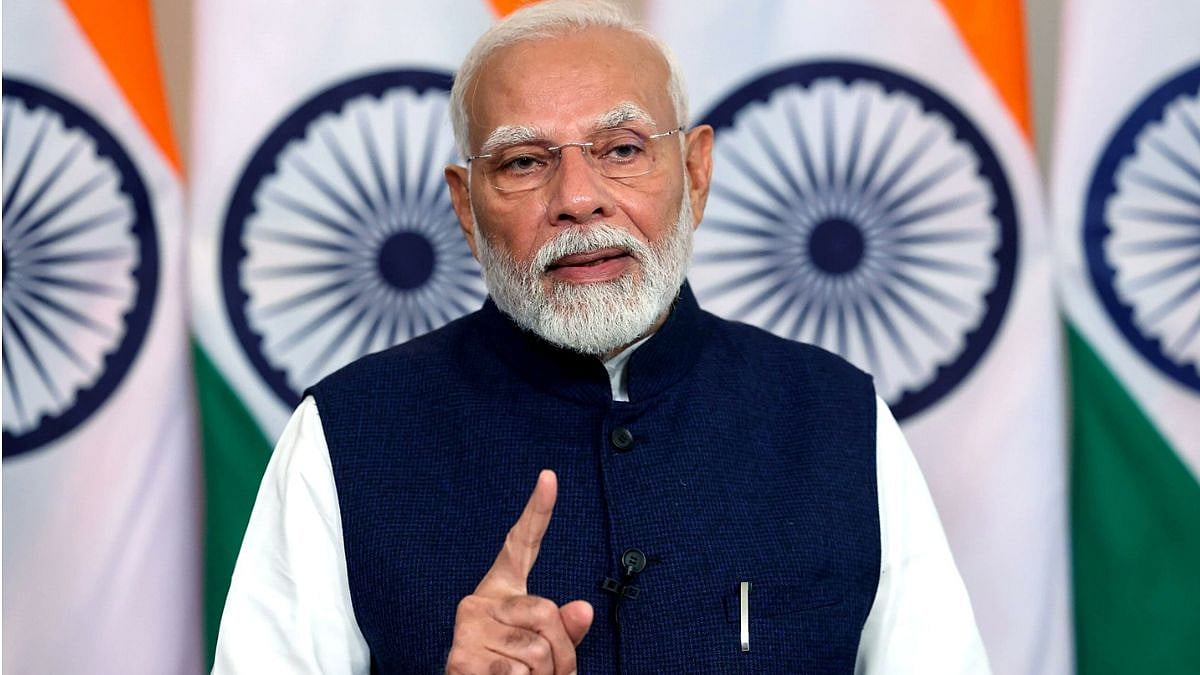Prime Minister Narendra Modi’s 2014 decision to relegate veteran BJP leaders LK Advani, Murli Manohar Joshi and Jaswant Singh to the Margdarshak Mandal, citing a 75-year retirement rule, has come back to haunt him. The leaders were effectively silenced by Modi, and their counsel was never sought on policy issues.
RSS chief Mohan Bhagwat’s statement at a recent book release function to honour late RSS leader Moropant Pingle that leaders should step down when they reach the age of 75 is being seen as a signal to Modi. Both Bhagwat and Modi turn 75 in September this year.
While the Opposition was quick to latch on to Bhagwat’s statement, saying that it was a clear snub to Modi, the BJP and the RSS brushed off the comment, saying too much was being read into it, as Bhagwat was only quoting Pingle, who had felt 75 was the right age to step down from active duty. The tried and tested line that the RSS has nothing to do with the BJP and did not influence its decision-making was trotted out.
That the RSS has a key role to play in the evolution of the BJP was obvious in the 2024 Lok Sabha election. BJP president JP Nadda’s claim that the party was now self-sufficient and did not need the RSS support rubbed many in the Sangh the wrong way.
Modi’s ‘400-paar’ boast and his claim of being a non-biological son of God only added to the unease in the Sangh fountainhead. As a result, the RSS cadres kept away from the campaign, and the outcome was there for everyone to see.
The absence of the RSS workers at booth and village level resulted in the BJP losing a substantial number of seats in several key states, including Uttar Pradesh, Maharashtra and Haryana. The BJP’s seat tally came down to 240, 32 seats below the majority mark to form a government.
It was only by cobbling together a coalition with Nitish Kumar’s JD-U and Chandrababu Naidu’s TDP that the party managed to form a government at the centre. A few months later Assembly elections in Haryana and Maharashtra saw the BJP sweeping to power as the RSS cadres were out in full swing to woo the voters when the saffron party realised the error of its ways and appealed to the Sangh.
Most observers feel Bhagwat’s statement is a subtle pressure tactic to ensure that the RSS has a say over the appointment of the next BJP chief. Several of the newly appointed state BJP chiefs have a distinct RSS background.
Nadda, whose extended term ended in June 2024, has been holding onto the post despite his responsibilities in the union cabinet. Modi’s trip to the RSS headquarters in March this year, his first visit after nearly 11 years in power, was seen as an attempt to mend fences.

AAP leader Arvind Kejriwal had speculated that Modi went to discuss his retirement plans, but this was quickly shot down by Amit Shah, who said the PM would complete his term.
Bhagwat is unlikely to force Modi’s hand, but the power shift is obvious. The RSS will no longer bow down to the might of the BJP, notwithstanding its claim of being the largest political party in the world.






.jpg)


